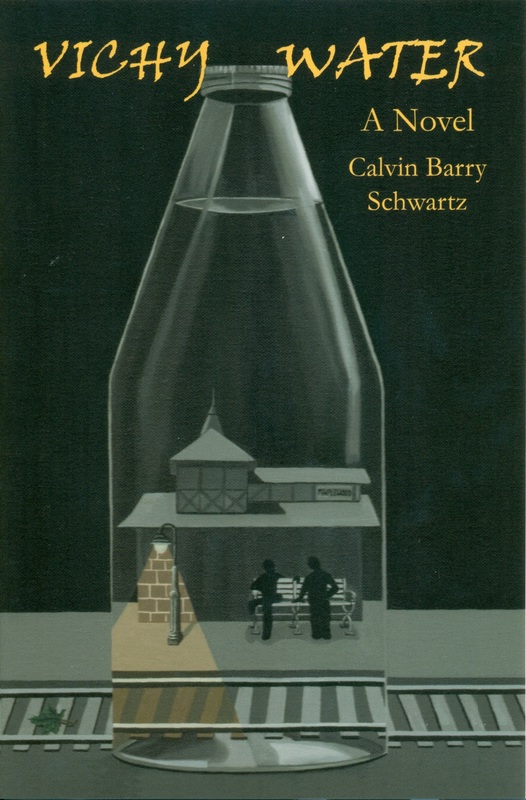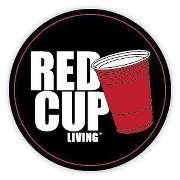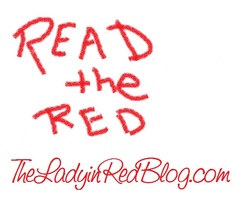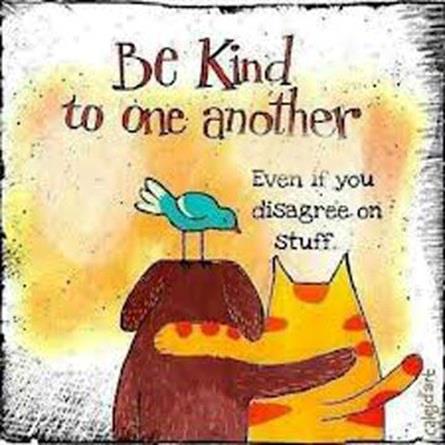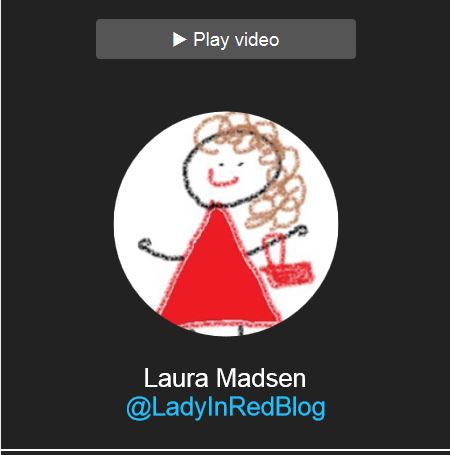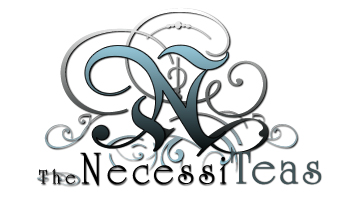So let’s get down to the business of boobs. No, this is not some x-rated blog – sorry to disappoint. Actually, I got to writing it because of an impending topic for a radio show I will be on soon. (Yes, broadcasts are not all impromptu. There is some planning in advance! But that’s another topic for another day.)
Maybe you are even a long-time mom and you may have your own experiences with breastfeeding your children. You might nod your head in concurrence with some of the things I have to say, or perhaps you had a very different experience. (If so, please share them in the comments!) The more women talk about the realities of our boobs, the better off we are. (And call them what you will – our girls, ta-tas, breasts, chests, bewbs, boobies – it’s all good. I’m very laid back and won’t give you any flack.)
Oh, and this isn’t about bashing those who breastfeed or making snide remarks about bottle feeding. Bottom line is, you’re the momma – you get to decide how you want to feed your children. But if you were ever curious about nursing, whether you did it or not; whether you plan to do it or don’t; you might find this at the very least interesting to read.
I remember when I decided I was going to go down the breastfeeding road with my daughter. I tried reading about what to expect, and I spoke to a very limited population of friends and relatives who had also breastfed their children. I was trying to figure out what will happen, and what I should be prepared for, by educating myself. As I later found out, sometimes the best way to learn is by experience, so I will share mine with you.
Where I live, in the North Eastern part of the USA, it seems that bottle feeding is still more of the norm. As I found out, I would still get “looks” when I nursed discreetly in public, and most pediatricians in the area catered to the formula feeding population (and this was in the 21st century!). I felt like the odds were stacked against me for reliable information and help along the way. I did take a breastfeeding class offered by a local hospital, but it’s impossible to think of all of your questions before you even get down to the business of breastfeeding. Things come up while you are trying to get your boobs off the ground. Maybe people sat around campfires back in caveman days, and they watched each other nurse their babies, and Jane saw Jen whip her boobs out over beverages, and they learned from each other. That’s not how it goes down now-a-days, though.
Luckily, I have one of the most stubborn personalities you’ll ever know, and I persevered past my frustrations, nay sayers, and others’ opposing opinions along the way; and can say I nursed my daughter until she was two–and-a-half years old, and she’s healthy, we had an amazing bonding experience, and she’s not any worse for wear.
I’m not going to outline the benefits of breastfeeding here. If you are reading this blog, you probably already know things like how it’s the most easily digestible and nutritious way to feed your baby, the act of nursing aids jaw development and tooth placement for your child, and also helps prevent ear infections, and you pass along many of your immunities to sickness to your child this way, too. I’m sure I could list tons more benefits, even the practical ones, like you will save hundreds of dollars on formula if you opt for nature’s way of nursing, and if you place your breast in your baby’s mouth, it stops them screaming a lot faster than the time it takes you to heat up a bottle.
Ok, so on to the good stuff.
Size Does NOT Matter
Let me put it this way: I don’t have DD boobs. I wish I did, but the thought of going under the knife to enhance what I’ve got scares me a lot. Some people fear needles – for me, it’s surgery. Before I had a baby, I always wondered if bigger busted women had an easier time breastfeeding or more of a milk supply. You know what? They don’t. I had the little boobs that could. It’s true; size does not matter. Bigger is not better – at least when it comes to breastfeeding. Your milk production has nothing to do with your cup size. Small breasts can produce just as much, if not more milk, than larger ones.
It’s Gonna Hurt Initially, but This Too Shall Pass
Once your baby comes into this world and you have got your bearings back, nurse, and nurse immediately. Even if you have a c-section, any hospital nurse or midwife worth their weight can show you how to hold your baby almost like a football, so you can breastfeed without having them rest on your stitches. As soon as you can mutter the words, “I’m breastfeeding my baby!” – do so. The nurses can’t read your mind. Don’t let them assume anything. If you don’t state to them that you are nursing, they will feed your baby formula faster than you can blink. To many nurses, a crying baby usually means a hungry baby; and in the nursery, giving them a bottle is their first line of defense. You’re the momma – you’re the boss.
You might think, “Wait! How can I nurse!?!? Nothing is coming out of my boobs!”. Ok, your milk has not come in yet. Don’t panic. This is normal. Babies are like little vacuum cleaners – and you thought Dyson was powerful! Hah! With the combination of your postpartum hormones kicking in and their sucking action, they will start to get the colostrum they need. It will be a small amount, but it’s fine. Don’t panic! The most soothing thing to a baby after they are born is to resolve their oral fixation – that means sucking on you. They are more concerned with being held all nice and snuggly by momma, getting their groove on by using you as a human pacifier, than they are concerned with drowning in a deluge of milk.
After about a minute you are going to go “Oh my God, this #*@$! hurts!” Yes, yes it does. Take comfort that when it hurts, they are latched onto you properly. You are not used to the power of a child nursing on your nipples. I won’t lie, it’s more than a little uncomfortable. But bear with me – it will get better. When the baby latches on initially, that’s the worst of it. After a while, you’ll be ok. This feeling like you will hit the roof when they start to suckle will only last about a week. And after the first two or three days, you will be so sleep deprived, you won’t care anyway. Most moms give up because it hurts at first. I beg you, please don’t! The pleasure is worth the pain in this case, and the pain is only temporary.
You know what they don’t tell you? You may get “chapped” skin at first when you nurse. They sell special creams like Lansinoh to use after a nursing session. Just rub it right on the nipples. (Yes, I said the word nipples. What else can you call them?) It’s like chapstick for your boobies. After the first week or two of nursing, your body will adjust, and you won’t have to give yourself a rub down when you’re done. I haven’t used any other creams, so I can’t vouch for the effectiveness or safety if your baby ingests some.
When Your Milk Comes in You May Think You Have a Fever and Feel Like Passing Out
At the hospital I had my daughter in, they required all new moms to attend a 45 minute long “class” on how to fill out papers to properly discharge yourself from the hospital and answer questions. Babies could not attend this “class” with their moms. So, my daughter went to have some nursery time.
While I was sitting in this “class”, my milk came in. This was on the third day after she was born. She was a c-section baby, otherwise my milk would have come in while I was at home. What I didn’t know in class was that I was having hot flashes and feeling like my head was going to hit the floor because my milk was coming in. Woah woozy…. I thought I was coming down with the flu!
All of a sudden my breasts felt like two rocks. They were hard and engorged and hurt! I just knew I had to nurse like right now! As soon as the class ended I had this “Where is my baby?” panicked look all over my face and asked the nurse to bring her to me. What I’m about to tell you next, don’t let happen to you!
See, I forgot that nurses change duty…and I forgot to tell the nurse who took my baby to the nursery that I was exclusively breastfeeding my baby and under no circumstances were they to give my daughter formula. So guess what? While I was gone, they gave her about two ounces of formula. Meanwhile, my boobs were ready to explode, (or implode, depending on how you look at it) with milk, and Manda would not latch on. She didn’t want to. Her belly was full. This was one of my worst nightmares. Holy pain! See, Manda had a full tummy and was content. Me, I had full boobs and was feeling like I was about to toss my cookies and have my chest explode at the same time.
I read about engorgement. If you don’t relieve the pressure of the milk, you can risk mastitis which is a breast infection. I called down to whatever department was in charge of bringing up breast pumps for new mothers. One could not get there fast enough for me to use. After I pumped about 2 ounces of milk from each breast, I started to feel better. Needless to say, me and my baby were bunk buddies until I was released from the hospital a day and a half later. Every time she nursed I felt a physical sense of relief. We finally got in sync, and my milk supply was keeping up with her demand. I really wish they gave breastfed babies different color bracelets in the hospital so nurses would know, before they go get the formula, they go get the momma first.
Frozen Peas Are A Girl’s Best Friend
When you first start to nurse, your boobs are getting used to being balloons. They will expand with milk and contract with nursing. Your body will be trying to figure out how much milk you need to produce for your baby’s needs. Your boobs will be stretched like rubber bands. This is why they will hurt. When this happens, go to the store, buy some frozen peas, and don’t eat them. When your chest hurts, after a nursing session, pack your boobs in bags of frozen peas. This will help bring down any swelling and give you some relief. You won’t have to do this the entire time you nurse, but it helps you get past the first few weeks of adjustment.
Don’t Go Crazy Over Weight Gain – for your baby, not you!
The weight chart of a breast fed baby will not match that of a formula fed baby. You can Google it. I’m not going publish all of the findings for the sake of this blog, but here’s an example:
“Between four and six months, formula-fed babies tended to gain weight faster than their breastfeeding peers, although growth in length and head circumference were similar in both groups.” – Ask Dr. Sears
There is a lot more information on this provided in charts, graphs, and data supplied by the World Health Organization as well. Just because your breastfed baby doesn’t weigh as much as the formula fed one next door, do not fret. If you are doing your duty and eating right, drinking more water than you ever imagined (I will speak more about this in a minute.), and nursing your newborn on demand or approximately every two hours for at least 20 minutes on each side, (but not as frequently as your baby grows into a toddler), everything is ok.
This brings me to the important point of choosing a pediatrician who is breastfeeding friendly. Some doctors may claim they are supporters of breastfeeding, but you won’t really know until you have a few visits with them after your baby is born. A knowledgeable doctor will be supportive of you breastfeeding and actually give you tips on how often you should be nursing, (sometimes you have to gently wake a newborn up to remind them to eat,) and what to do to keep your milk supply up.
The first words out of any doctor’s mouth should NOT be “supplement with formula”. That’s a slippery slope. Once you start supplementing with formula, your baby won’t nurse as much from you. In turn, your body won’t produce as much milk, which lowers your milk supply, and you now have just become more dependent on bottle feeding. This is not the direction you want to go in. Instead, start paying attention to your diet (eat healthy, reduce your caffeine so your baby will actually sleep) and if you need to bump up your milk supply, spend more time nursing your child and drink more water. It’s not unusual for them to go through growth spurts and have mega nursing sessions sometimes that last for a half an hour or more on each breast. This, is normal.
Let me tell you a story. When I had my daughter, she was born bloated. They had me pumped so full of iv fluids that she definitely put on a couple of extra ounces before she was welcomed into this world.
This, was water weight – which, caused my first pediatrician to freak out when she lost about 3 ounces from the time she was born – and she was a big baby weighing in at 8lbs. 8 oz. She was a full-term, healthy little girl. I have news for him – babies pee. And when they pee, they will lose water weight. Additionally, my milk didn’t come in until 3 days until after she was born. However, she was getting colostrum and quite content. She wasn’t dehydrated. She was definitely doing well.
The last thing a new mom wants to have is her baby’s pediatrician worrying her and almost scolding her for not supplementing with formula. Hello? That’s not what nature intended! When that doctor told me this, I was ready to whip out my boobs and show him “Hey, this is milk, man!” I was definitely producing milk and my daughter was drinking it. And in almost defiance, I went home and started drinking even more water, consciously, as if I were on a mission to create the greatest single milk supply ever.
So to make a long story short, I had to go through one more pediatrician until I found one that truly supported breastfeeding and understood that you can’t compare apples to oranges, or formula fed babies to breast fed babies, and me and my girl were much better off for it.
In a very backwards way, I also learned that you should plan on drinking more water than a camel when you nurse.
Plan on Drinking More Water Than You Ever Have Before
Breastmilk is 88% water and fluctuates a little for fat and nutrient content depending on your child’s needs and stage of development. So it stands to reason that if you want to keep your milk supply up, you will have to drink a lot of water. Water. Not soda. Not energy drinks. Water.
On the plus side, if you find that your breasts are not entirely drained after a nursing session because your baby fell asleep, you can pump a little, so you can freeze your milk in special storage bags, for future feedings, when you may have to hire that babysitter to step in for a minute.
I noticed a big difference in my milk supply when I started walking around the house with a bottle of water in my hand during the day, sipping it, and the first thing I did every morning was drink a big glass of water, and the last thing I did before bed was drink a glass of water, too. Try to get into the habit of drinking water after every nursing session. You are replenishing your own H2O supply. You don’t want to become dehydrated either.
Water – it’s your friend.
Breastfeeding Is Nature’s Plan for Losing the Baby Weight Fast!
Don’t wanna diet after having a baby to get your body back? Don’t worry, nurse! Seriously, nursing makes your uterus contract and your tummy flatten faster than 10,000 sit-ups, and your baby will help you burn those calories because your body will need to consume them to make milk.
Your Boobs Will Leak
Sometimes your baby will sleep a bit longer than usual and you will feel your boobs get really full. If you brush your chest against something, you may accidentally stimulate yourself into thinking it’s time to nurse. These are instances when, yes, your boobs will leak. Be prepared for it. You don’t want unexpected wet spots on the front of your shirt. (How embarrassing!) They sell disposable nursing pads as well as reusable organic cotton ones that you can wash time after time. I preferred the reusable cotton ones – they were just more comfortable. Just pop a pair in your bra and you won’t have to worry.
Nursing in Public
You would think in this day and age, people would just get over the fact that a mother nursing a baby is as natural as the sun rising. It’s not like we are whipping out our breasts and asking for beads for boobs like at Mardi Gras. Unfortunately, social tolerance of breastfeeding is not universal. I got looks even at the pediatrician’s office when I was nursing Manda at a few weeks old - from mothers! I don’t know – maybe they were afraid that their children would be scarred for life if they actually asked what I was doing, and I said “feeding my baby”?! Even Sesame Street approached this issue in a tactful way.
As Manda got older and bigger, it was hard for me to keep her tented with a blanket while she nursed in public. Plus, she would get all hot and sweaty that way. Many times I would go to a ladies room and feed her, or ask if I could excuse myself to a bedroom for a while at a party, or even walk back to the car where I could nurse her comfortably without making others uncomfortable or having darts shot from someone’s eyes at what I was doing. Sadly, all of society has not changed about how breastfeeding is looked upon. But I smile, because I know I did something right when I saw my daughter pick up her first doll, and instead of reaching for a toy bottle, she placed the doll at her chest and pretended she was nursing it. Maybe in another generation or two, breastfeeding in public will become more socially acceptable in the United States – I hope. But until then, be prepared, for at least one time during your nursing experience, to have to deal with those who would rather keep your boobs in the dark. It’s the sad truth.
Yes , the Milk Tastes Good
Now, don’t get all grossed out on me. You have to admit you were curious – how does breast milk taste? No, I did not try to nurse myself! Let me explain. I made a habit of pumping my milk whenever I was not with Manda for a feeding. I pumped it into bottles and then stored it in bags and froze it for future feedings. When you thaw out the breast milk, by placing the bags in warm water, you have to check the temperature of it. Of course you can put a few drops on the back of your hand and do this; but I was curious what made this liquid gold so appealing to my baby, so I tasted it when I checked the temperature. It’s not gross. Have you ever cut yourself and put your finger to your mouth and tasted your own blood? Do you swallow your own saliva? Your child is drinking this delicacy from you and they don’t think it’s disgusting.
The best way for me to describe what breast milk tastes like is that it’s sweet and thin in consistency. If you’ve ever tried rice milk, breast milk is a pretty close cousin. It makes sense that it would be on the sweeter side to be appealing to a little one, as well on the thinner side to be highly digestible.
- -
So when all is said and done, let me tell you what made me persevere through the pains and peas, the sleepless, bottleless nights, and the social stares. When my daughter was about a month old and she was nursing in a sling I wore so I could actually get something done around the house, she had enough coordination to move her arms where she wanted them to go. One of her first purposeful movements was to take her little hand, while she was nursing and gently place it on the side of my breast. I can still close my eyes and relive that moment. She literally touched my heart. With that one gesture it was as if she said “Thank you” to me and showed me how comforted she truly was. That, made it all worth it to me more than words can say.

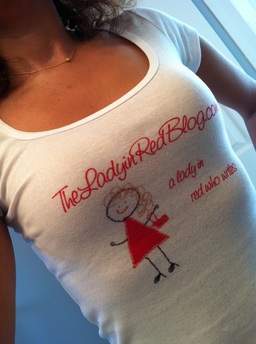
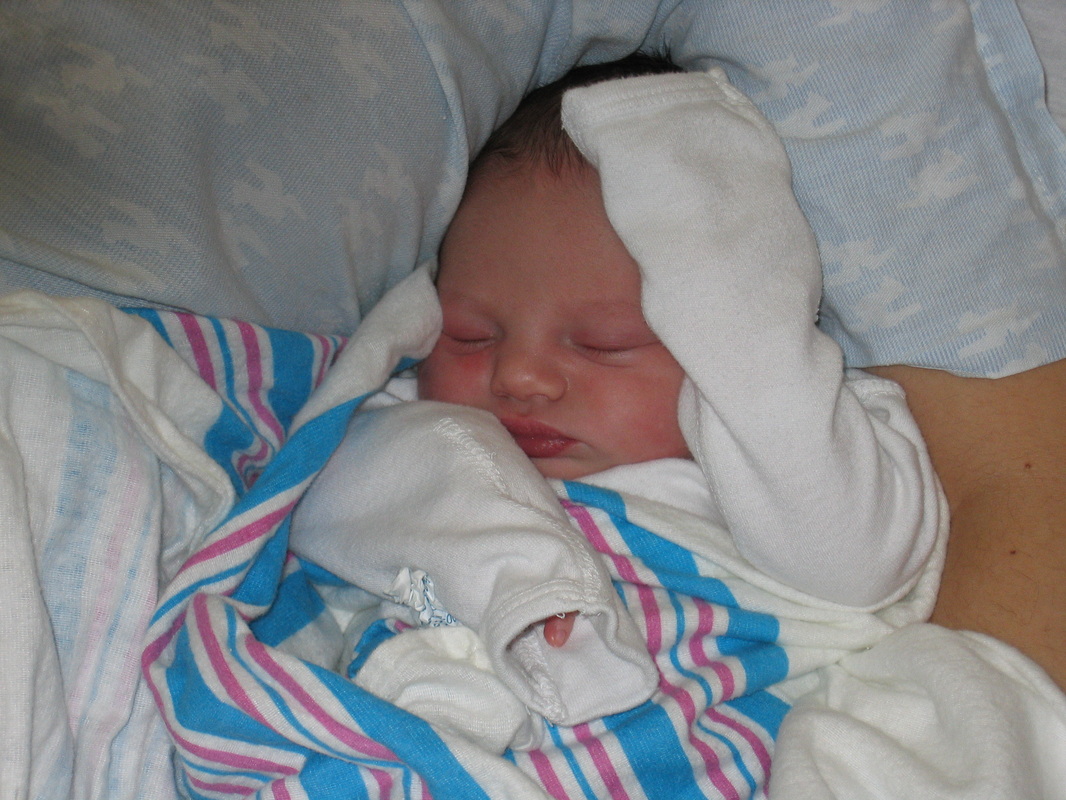
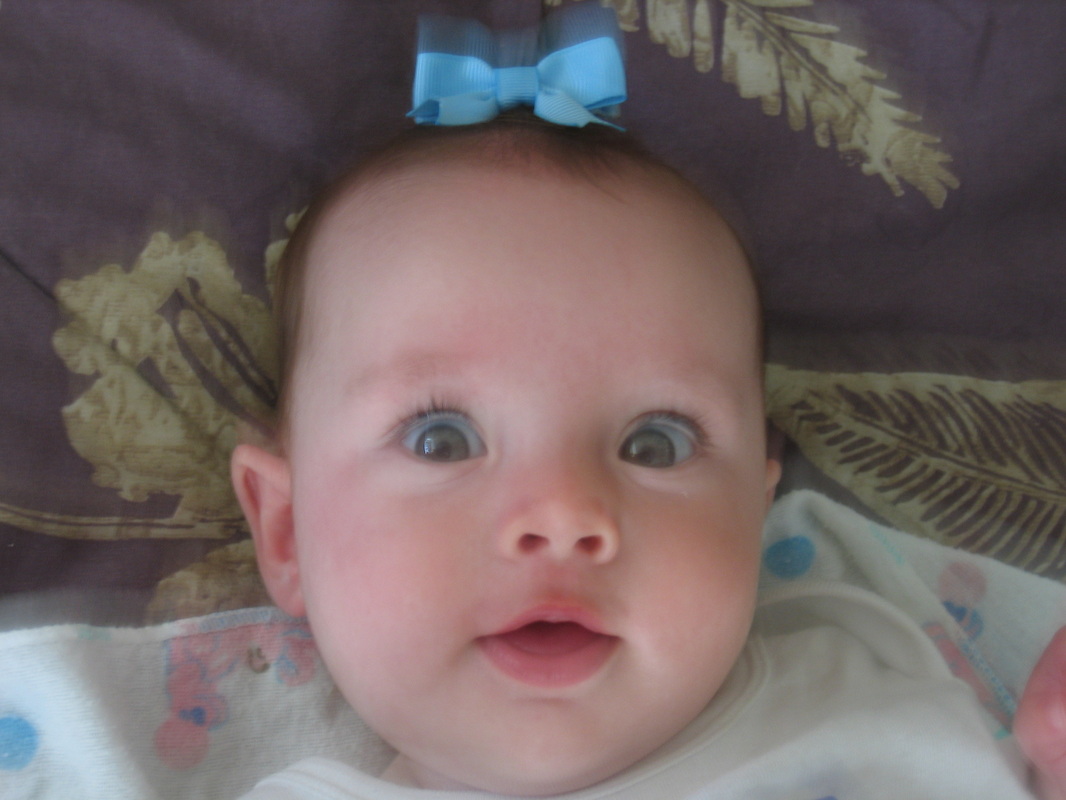
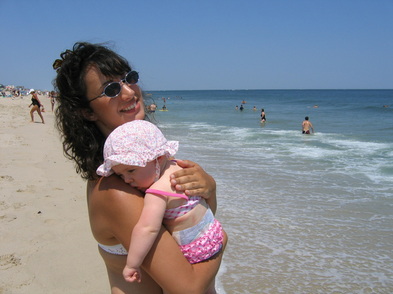
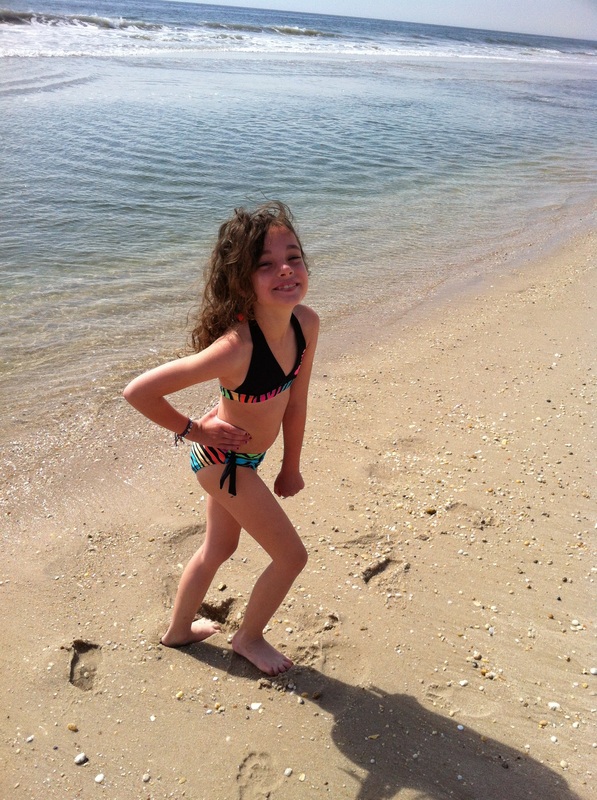
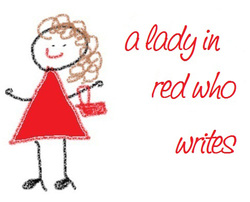
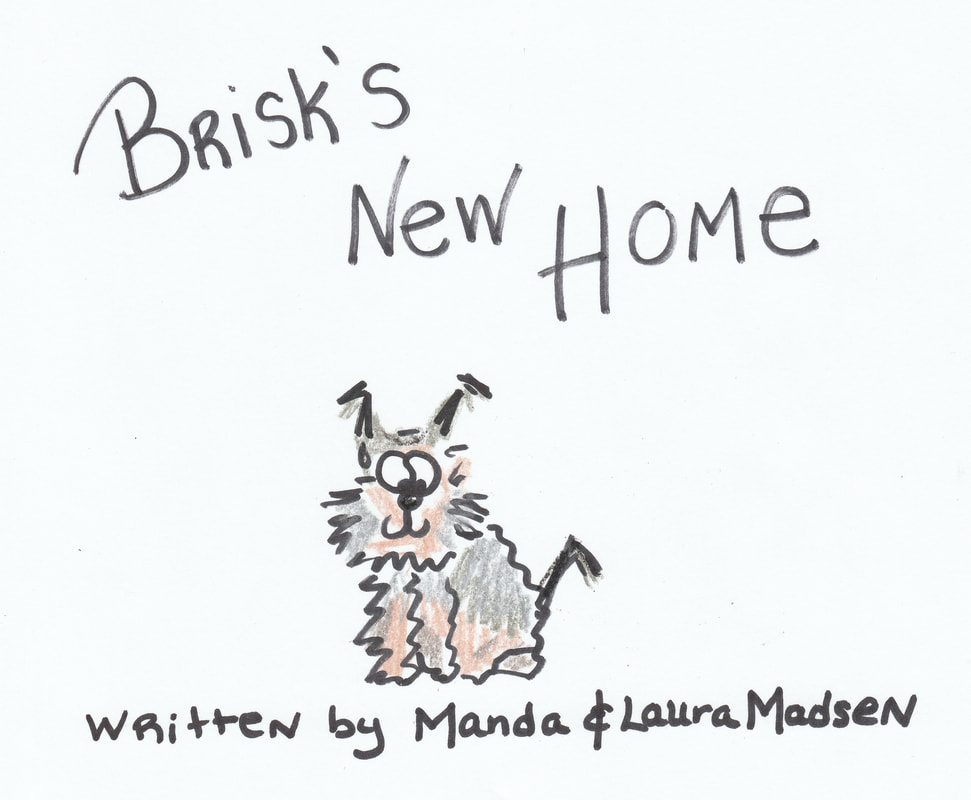



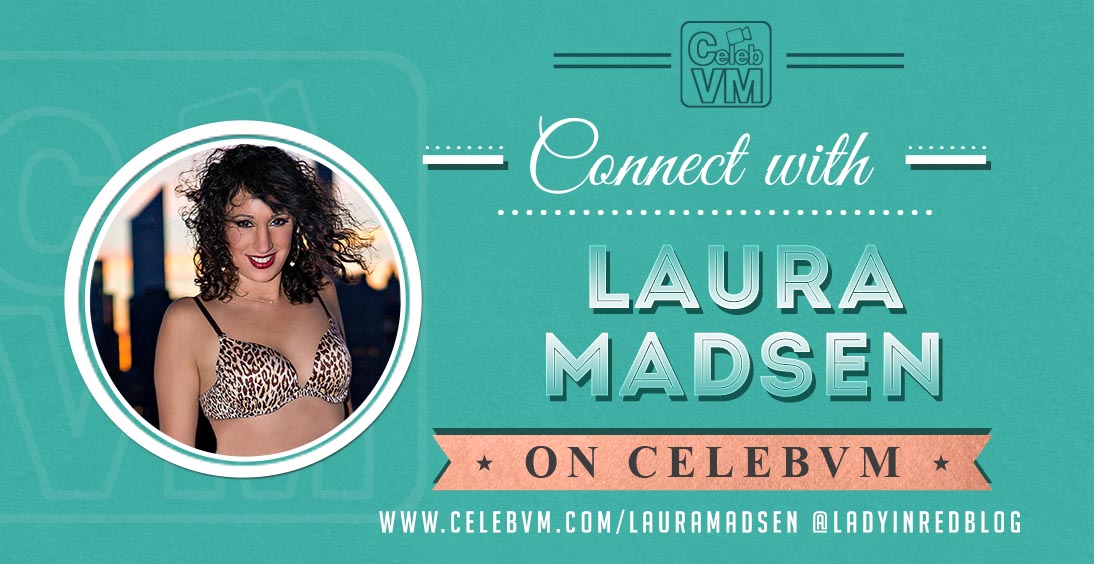
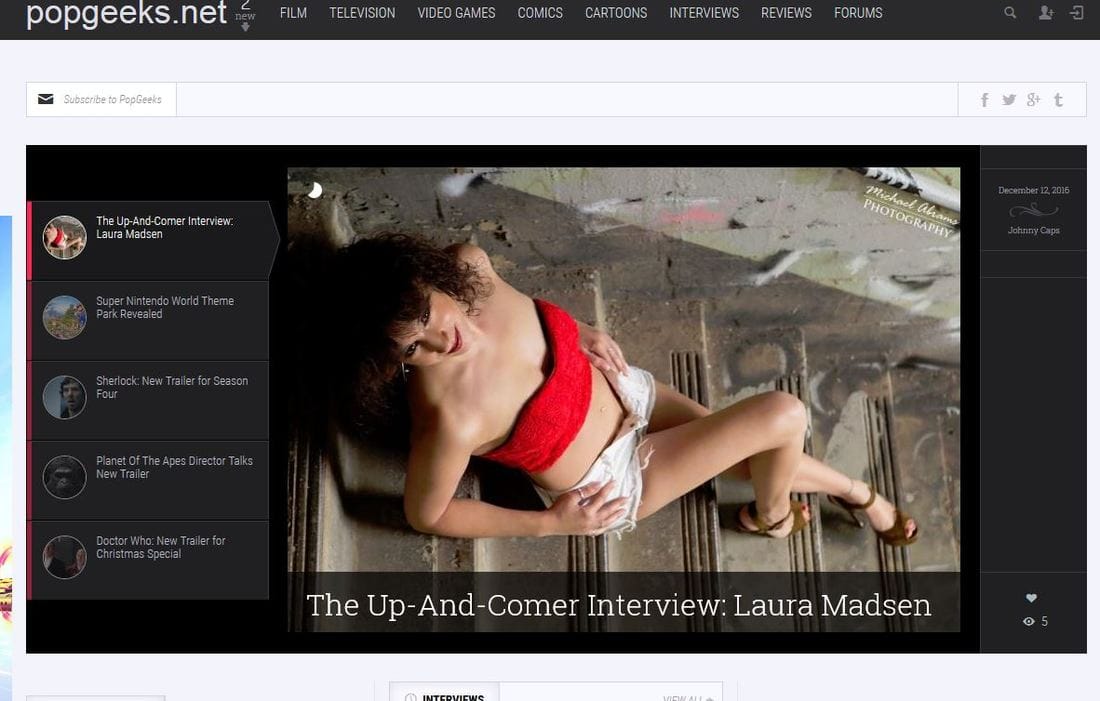
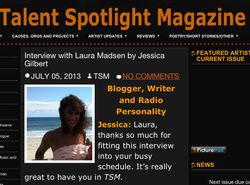

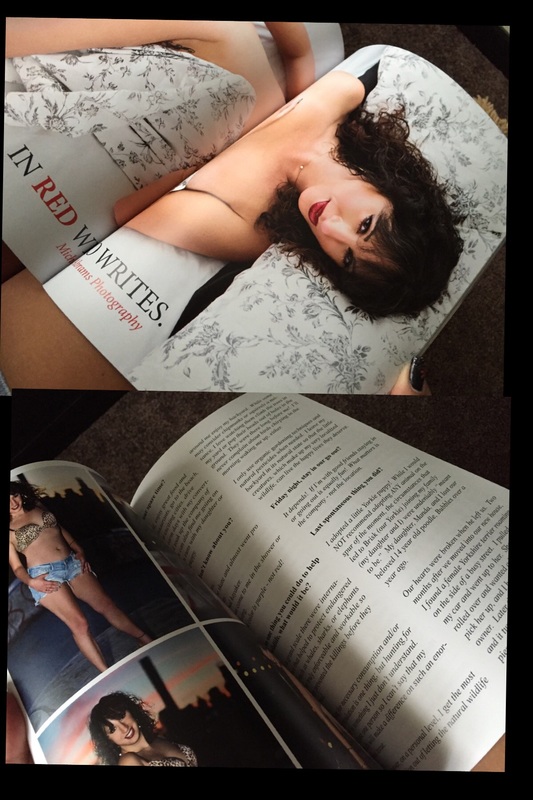
 RSS Feed
RSS Feed
